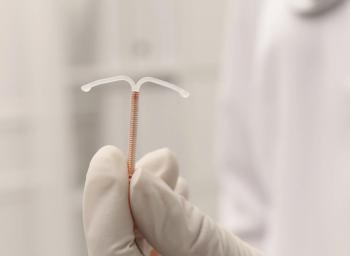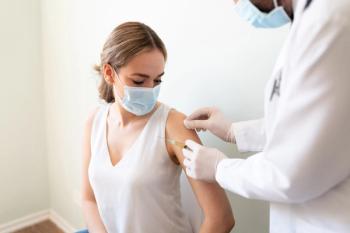
Delayed response to surgical complications leads to adverse outcomes.

Delayed response to surgical complications leads to adverse outcomes.

A reader writes in to the editors.

Houston, Texas, was buzzing with the latest updates in women’s health at the 25th Annual Nurse Practitioners in Women’s Health Premier Women’s Healthcare Conference held from September 29 to October 2, 2022.

Nash Moawad, MD, MS, FACOG, FACS, sits down to discuss the recent standardization of Essentials of Minimally Invasive Gynecologic Surgery (EMIGS) training program for minimally invasive gynecologic surgeons and how it's shaping the way this subspecialty delivers care.

In an exclusive interview, Nash Moawad, MD, MS, FACOG, FACS, discussed the recent implementation of the Essentials of Minimally Invasive Gynecologic Surgery (EMIGS) training program, which helps physicians provide the best care and ensure optimal safety for their patients.

Breaking down barriers through patient selection, new devices, and the latest techniques.

For a medical device start-up to be successful, it needs a talented team, decisive implementation, and adequate funding. Without resources for prototype development, patent filing, regulatory work, and more, the best ideas will die on the vine because running out of funds is a common reason for failure.

What do football and obstetrics-gynecology have in common?

Research in Menopause connects history of physical/sexual abuse, financial instability with worse menopausal symptoms and overall wellbeing at midlife.

Practicing clinicians were highly impressed with an interactive, virtual intrauterine device (IUD) training model that increased their comfort with IUD placement and removal, according to a study published in the journal Family Medicine.

In a recent study, participants who had received a COVID-19 vaccine saw an average increase in menstrual cycle length of less than 1 day.

The medication also performed comparably to vulvovaginal candidiasis (VVC) standard-of-care fluconazole for treating acute VVC infection.

In a recent study, it was found that access to contraceptive services declined during the COVID-19 pandemic.

Prenatal exposure to industrial air pollutants increases risk of adverse birth outcomes in infants.